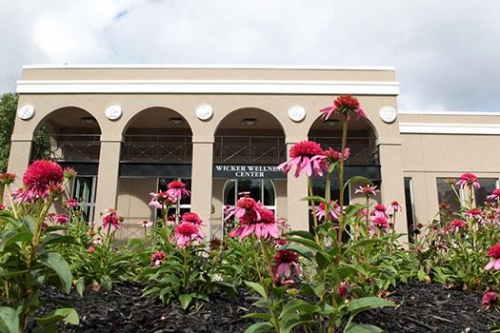The Counseling Center maintains social media pages on Facebook, Twitter, and Instagram. Staff members are designated as administrators on these sites and post relevant items. College community members who want to recommend postings to these sites should forward those to a site administrator. Please be aware that based on your liking of our site, some people may infer that you are in counseling at the Counseling Center or that you have been a client in the past. Counseling Center staff will not use social media sites to gain information on any enrolled student.
Social media
Counseling Center Staff and Social Media
Staff members with personal accounts on Facebook, Twitter, Instagram or other social media sites must set privacy settings to the highest level of security to prevent clients from accessing personal information or sending messages to the staff member. It is our policy that staff members do not interact with, accept friend or contact requests, or “follow” current or former clients on any social networking site (Facebook, Twitter, LinkedIn, etc.) or blog. We do not engage in these activities because doing so blurs the boundaries of the therapeutic relationship and because doing so interferes with everyone’s right to privacy. Additionally, these sites do not offer a technologically secure forum and your confidentiality is very likely to be compromised through interactions that are publically viewable. Friend requests from former student clients are best avoided or managed carefully so that there is no potential for the perception of exploitation or conflicting multiple relationships.
Policy on social media
The American Psychological Association highlights that, “First and foremost, public social networks are not private. Some may be open only to invited or approved members but even then, users should not expect privacy among the members. If you choose to participate on such Forums, assume that anything you post will be seen, read, and open for comment. Anything you say, post, link to, comment on, upload, etc., can and may be used against you by your peers, colleagues, employer, potential employers, fellow members, and so on.”
Based on the APA’s cautionary statement, Counseling Center staff who use social media (e.g., Facebook) and other forms of electronic communication should be mindful of how their communication may be perceived by clients, colleagues, university staff and faculty, and others in the professional community. As such, Counseling Center staff should make every effort to minimize material that may be deemed inappropriate for a mental health professional. To this end, all security settings should be considered carefully and most likely set to “private.” Counseling Center staff should avoid posting information/photos or using any language that could jeopardize their professional image. Staff should consider limiting the amount of personal information posted on these sites, and should never include clients as part of their social network, or include any information that might lead to the identification of a client, or compromise client confidentiality in any way. If staff report doing, or are depicted on a website or in an email as doing something unethical or illegal, then that information may be used by the Counseling Center as they determine a course of disciplinary action. As a preventive measure, the Counseling Center advises that staff approach social media carefully.
(Note: this policy is based in part on the policies developed by the University of Denver, Jenny Cornish; University of Albany; University of Kansas, Michael Roberts; and San Diego State University, Elizabeth Klonoff.)
Social Media Policy Page Revised November 2018.

Wicker Wellness Center, 2nd Floor
View in Google Maps